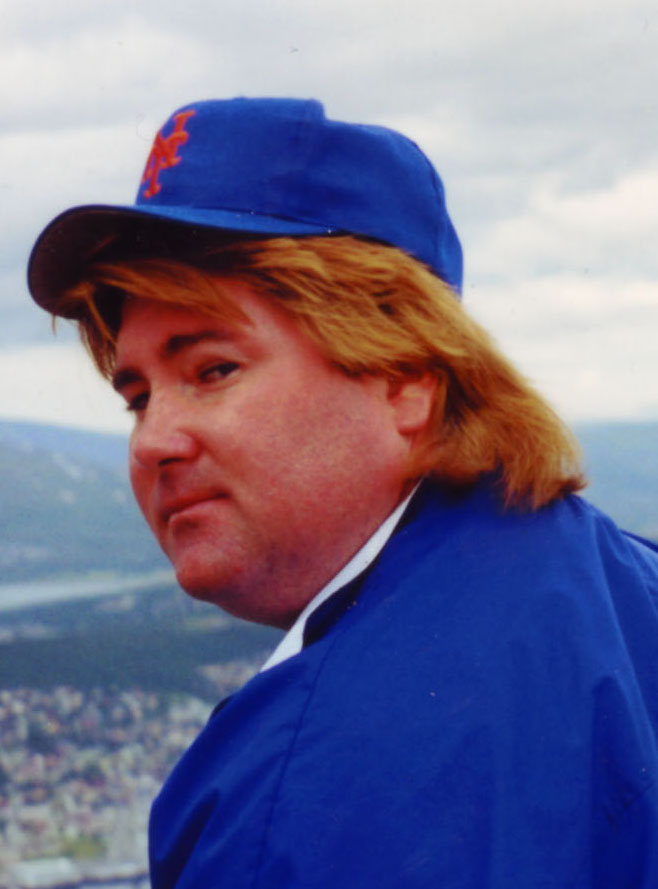Board revokes its reprimand of physician
The state's Board of Medical Examiners is revoking a public reprimand and refunding more than $7,400 in administrative fees paid by Dr. Dolue Ezeanolue because a Clark County District Court judge overturned the agency's 2006 medical malpractice ruling against the emergency room physician.
District Court Judge Michelle Leavitt's Aug. 29 decision also means the medical board will have to update its Web site to reflect that its medical malpractice ruling has been set aside, said Edward Cousineau, the board's lawyer.
"Certainly we felt our case was strong,'' Cousineau said. "Ultimately the judge felt Ezeanolue's had some merit as well. ... We certainly have the right and ability to appeal to the Nevada Supreme Court, but we're not. The original decision by the medical board was close, 4 to 3. It could have went either way.''
Last year, the board found Ezeanolue, an internal medicine physician, guilty of malpractice regarding his treatment of Brian Pappa in 2001. Pappa, who was 34 at the time, walked into Mountainview Hospital on Dec. 27, 2001, complaining of nausea and chest pain. He died five days later of multiple organ failure.
According to the medical board's documentation, Pappa was admitted into the hospital and Ezeanolue ordered several tests. The physician later wrote discharge orders for Pappa the following day indicating a diagnosis of onset diabetes and probably food poisoning. However, Pappa was not discharged because his condition changed for the worse.
Additional tests showed Pappa was suffering from toxic shock, metabolic acidosis, which is a condition linked to kidney failure, and diabetic ketoacidosism, a serious complication of diabetes. Pappa, whose medical history included Hodgkin's lymphoma, the removal of his spleen and heavy alcohol use, was transferred to the intensive care unit where other physicians weighed in on his condition.
During a hearing on May 16, 2006, Cousineau said Ezeanolue failed to diagnose "a condition that could have easily been corrected and reversed by standard medical treatment.''
Dr. Phillip Goodman, a Reno physician asked by the board to review the complaint against Ezeanolue, said Ezeanolue misdiagnosed Pappa. Results of his examination and lab tests, Goodman said, should have led Ezeanolue to a diagnosis of diabetic ketoacidodis.
Left untreated, diabetic ketoacidodis leads to coma and death.
At the hearing and in court documents, Cotton, Ezeanolue's attorney, argued that only one of the six physicians who Ezeanolue called in for a diagnosis even mentioned diabetic ketoacidodis as a possibility.
On Sept. 15, 2006, the board voted 4 to 3 against Ezeanolue on one count of malpractice for failing "to use the reasonable care, skill or knowledge ordinarily used under similar circumstances.''
Ezeanolue was given a public reprimand and ordered to pay administrative fees, but his license was not affected.
Ezeanolue appealed the decision, as is his right under Nevada law.
District Court judges handle appeals of decisions made by the medical board. Cousineau wouldn't comment on whether or not District Court judges have the medical expertise to decide such cases.
"It is the way the Legislature has crafted the judicial review of the board's decisions,'' he said.
Larry Matheis, executive director of the Nevada State Medical Association, said it's a challenge that has to be met for courts to be useful in medical cases. He said there have been concerns within both the medical and legal communities in Nevada, and nationally, that the growing technical nature of medical-legal cases needs a certain level of expertise.
"There have been a number of innovative pilots (pilot programs) around the nation to develop health courts and national legislation was considered,'' Matheis said. "It may move in that direction over time, but for the present in Nevada, it's likely that there will be continued effort to have some District Court judges undergo additional training.''
Matheis said the Legislature has already expressed the need for more education for District Court judges when dealing with medical malpractice cases. Under Assembly Bill 1 -- the state's medical malpractice law -- which passed in 2002, it included required training for District Court judges in medical issues.
In Ezeanolue's case, Leavitt ruled that the medical board's findings were "clearly erroneous based in view of the reliable, probative, and substantial evidence on the whole record.''
The judge, who based her decision on oral arguments from Cousineau and Ezeanolue's attorney, John Cotton, and medical board records and documents, also called the medical board's decision "arbitrary, capricious and or characterized by an abuse of discretion.''
"The judge agreed with us,'' was Cotton's only comment about the case.
Pappa's family filed a lawsuit against Ezeanolue. That trial is scheduled to begin in April.
Pappa's brother said the District Court ruling should have no bearing on that case.
"This case was overturned on procedural grounds. Those concerns have nothing to do with the merits of the case,'' said Erik Pappa, director of public communications for Clark County. "The fact remains that a majority of Dr. Ezeanolue peers on the medical review board found that he committed medical malpractice. This decision doesn't change that. We look forward to resolving this matter in court.''
As of Friday, the board's Web site still referenced the disciplinary action against Ezeanolue.
Ezeanolue's public reprimand appeared in the board's winter 2007 newsletter. That newsletter is sent primarily to medical organizations and institutions.
Cousineau said the board would be writing about the Leavitt's decision in its upcoming newsletter.
Contact reporter Annette Wells at awells@reviewjournal.com or (702) 383-0283.

















